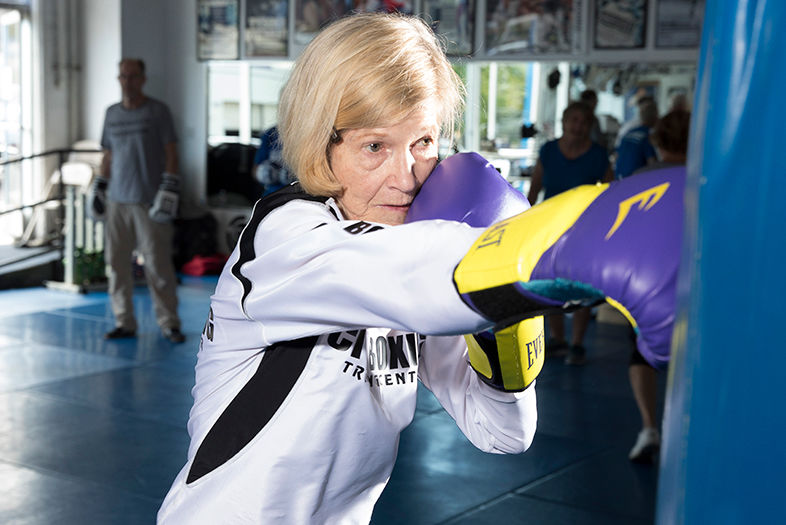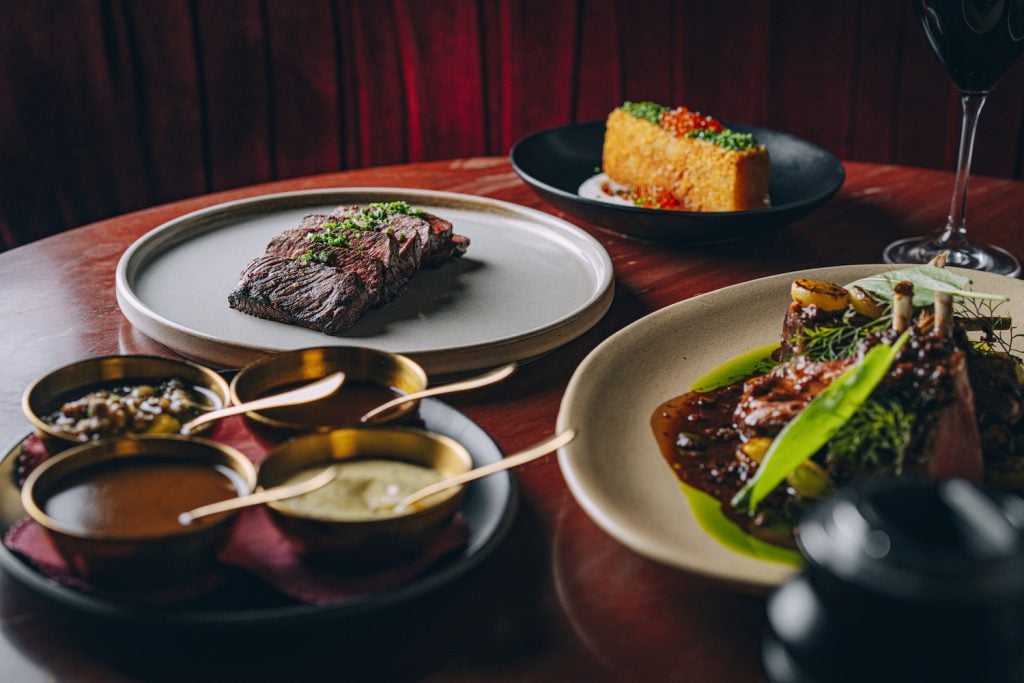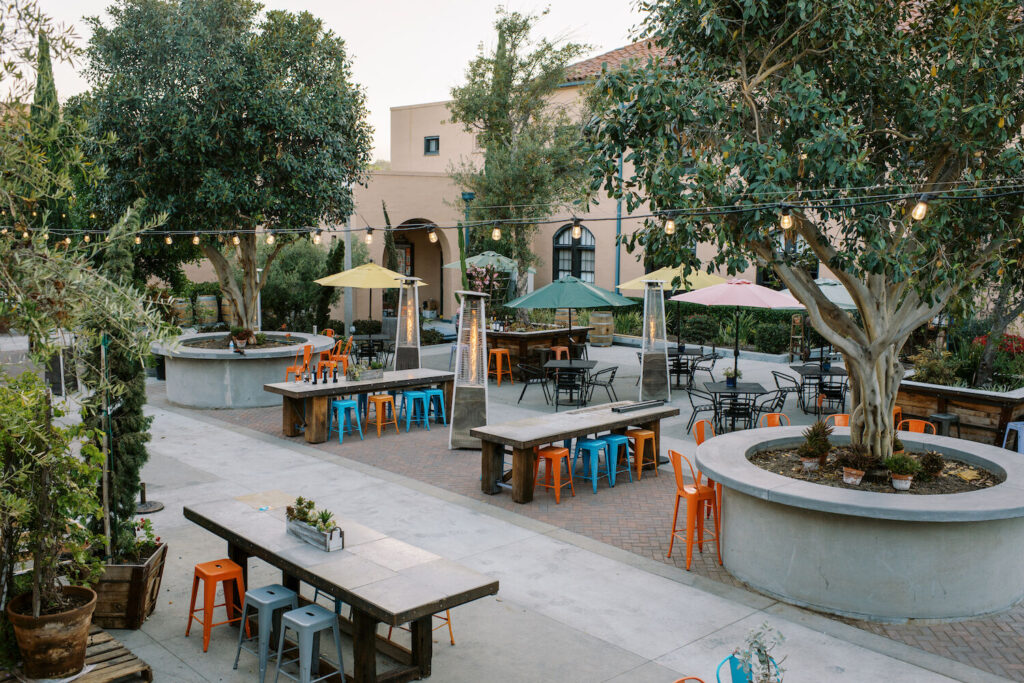Get in the Ring!
From $100 for unlimited monthly membership in downtown, Poway, Rancho Bernardo, Encinitas, Carlsbad, and Escondido
Step into downtown’s City Boxing studio on any given weekday afternoon and you’ll find a pack of fighters whose coordination, strength, and focus seem pro-level. They’re practicing intricate combinations with dancer-like agility and yelling over the classic rock that’s blaring from the speaker. They’re also men and women in their 60s and 70s who have Parkinson’s.
According to the Parkinson’s Disease Foundation, an estimated 1 million people in the United States have been diagnosed with the chronic movement disorder, which affects motor skills, balance, speech, and sensory function. In San Diego County, nearly 60,000 live with the disease.
“A ton of money goes into the research, but not a lot goes into quality of life,” says instructor Michael Reeder, whose routines were developed by the Indianapolis-based nonprofit Rock Steady Boxing. The nationwide organization teaches boxing to those with Parkinson’s, at six San Diego locations including Encinitas, Rancho Bernardo, Poway, Carlsbad, Escondido, and downtown.
Reeder grew up in San Diego as a boxing fan and spent nearly a decade in Los Angeles as an Emmy Award–winning sports TV producer. After returning to his hometown in 2014 and teaching boot camp classes through his company BoxFit, he heard about Rock Steady from two women with Parkinson’s. Two years later, he got certified and has been running classes at City Boxing ever since.
“Boxing works on your balance, hand-eye coordination, agility, rhythm, and focus,” the 37-year-old says. “All those things are big issues for people with Parkinson’s. And the only thing that’s been shown to slow the progression is intense exercise. That’s the idea behind Rock Steady—forced, intense exercise and working out of your comfort zone.”
The 90-minute classes are set up with circuit training stations composed of traditional boxing moves, as well as balance and posture work. Classes end with stretching, yoga, and meditation. Reeder gets to witness the results every day.
“I see amazing things happen,” he says. “I had a fella tell me that he put his foot high up on a bench to tie his shoes, and his grandkids said, ‘You couldn’t do this a month ago!’ Stories like that make my year.”
To ensure they’re up for the challenge, prospective fighters first complete an assessment with Reeder and have their primary care physician or neurologist sign off. Once they get the okay, Reeder says they join a welcoming, hardworking group.
“Now they’re not just someone with Parkinson’s—they’re a fighter,” he says. “They can handle these complex combinations that my 20- and 30-year-old fighters struggle with. And it’s neat when your grandpa or grandma says, ‘I’m a little busy; I have to go to the boxing gym.’”

Rock Steady Boxing Turns People with Parkinson’s into Fighters
PARTNER CONTENT
Photo by Robert Benson












